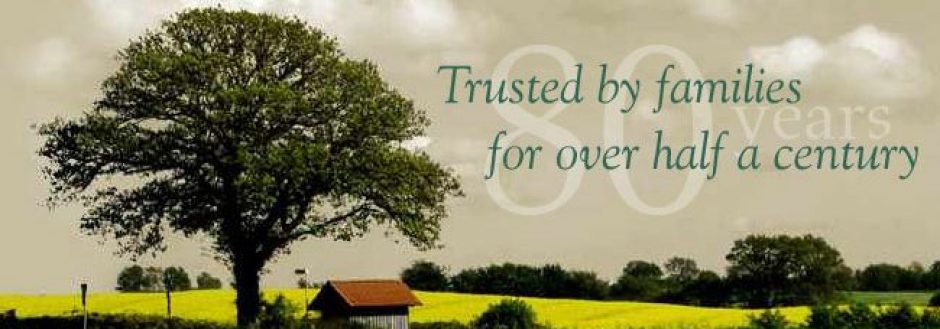The passage of a loved one is a moment of profound significance, often accompanied by rituals and ceremonies that honor their life and offer solace to those left behind. Funeral services, varying in customs, traditions, and cultural significance, play a pivotal role in facilitating the grieving process and commemorating the deceased. Across different societies and belief systems, several types of funeral services exist, each characterized by unique practices and rituals tailored to the preferences and customs of the deceased and their community.
1. Traditional Funeral Services:
Rooted in longstanding customs and conventions, traditional funeral services typically follow established protocols and rituals. These services often include visitations or wakes, where mourners pay their respects to the deceased and offer condolences to the bereaved family. A funeral ceremony, often held at a religious institution or funeral home, follows the visitation. This ceremony may involve prayers, eulogies, hymns, and other religious or cultural rituals. Burial or cremation usually follows the funeral ceremony, marking the final disposition of the deceased.
2. Religious Funeral Services:
Religious funeral services are deeply influenced by the beliefs and practices of specific faith traditions. Whether Christian, Muslim, Jewish, Hindu, Buddhist, or of another religious affiliation, these services are conducted in accordance with the teachings and rituals prescribed by the respective faith. For instance, Christian funerals may include scripture readings, hymns, and a sermon, while Muslim funerals adhere to Islamic customs such as washing and shrouding the deceased, reciting prayers, and burial facing Mecca.
3. Memorial Services:
Unlike traditional funerals, memorial services focus on celebrating the life and legacy of the deceased rather than emphasizing rituals associated with death. These services may be religious or secular in nature and are often held days or weeks after the passing, allowing family and friends time to gather and reflect on the memories shared with the departed. Memorial services may incorporate personal anecdotes, photo displays, and musical tributes to honor the life of the deceased in a meaningful way.
4. Celebration Of Life Services:
Celebration of life services, as the name suggests, prioritize honoring the life, achievements, and contributions of the deceased in a positive and uplifting manner. These services eschew somber tones in favor of celebrating the joy, love, and cherished memories associated with the departed. Often personalized and informal, celebration of life services may include activities that reflect the interests and passions of the deceased, such as storytelling, performances, or themed decorations.
5. Green Or Eco-Friendly Funerals:
In response to growing environmental concerns, green or eco-friendly funerals have gained popularity in recent years. These services aim to minimize the environmental impact of end-of-life practices by opting for eco-conscious alternatives to traditional burial or cremation. Biodegradable caskets, natural burial grounds, and eco-friendly cremation methods are some of the features associated with green funerals, appealing to individuals committed to sustainability even in death.
6. Direct Burial Or Cremation:
Direct burial or cremation services offer a streamlined approach to end-of-life arrangements, bypassing elaborate ceremonies and rituals in favor of a simple and expedited process. With direct burial, the deceased is interred shortly after death without embalming or public visitation, while direct cremation involves the immediate cremation of the body without a formal funeral service. These minimalist options appeal to those seeking a practical and cost-effective means of disposition.
In conclusion, funeral services encompass a diverse array of practices and traditions, reflecting the rich tapestry of human cultures, beliefs, and values. Whether adhering to time-honored customs, embracing religious rituals, or adopting contemporary approaches, these services serve as a vital means of commemorating the lives of the departed and providing solace to the grieving. Each type of funeral service offers a unique opportunity for remembrance, reflection, and honoring the legacy of those who have passed on.
